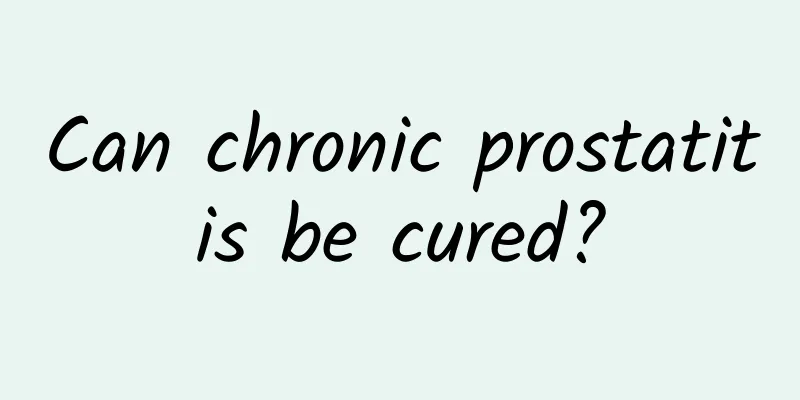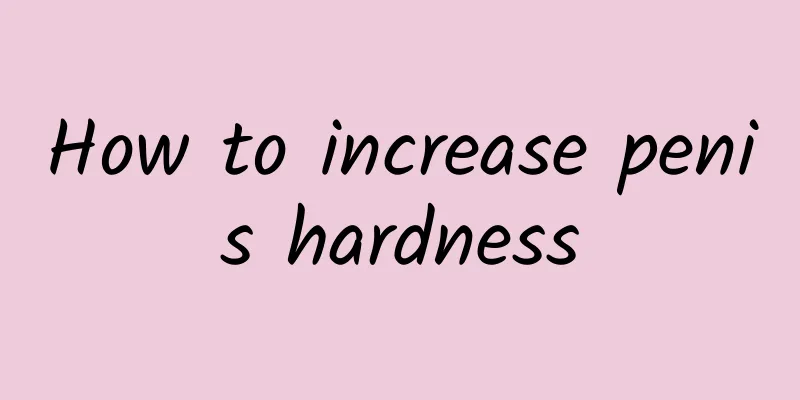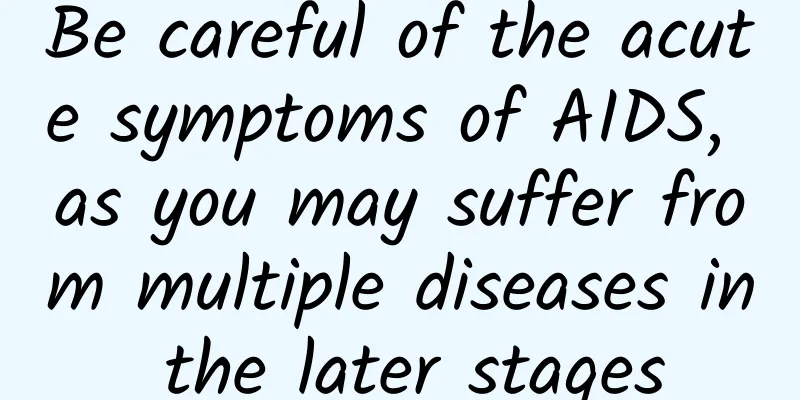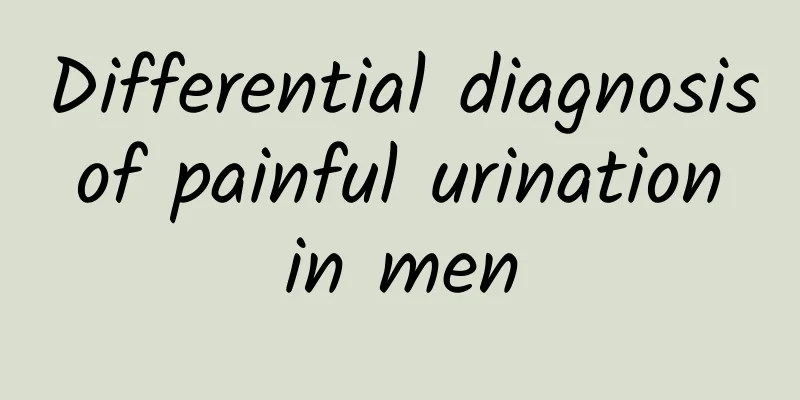Can chronic prostatitis be cured?

|
Prostatitis is a common disease among men. Most people find it difficult to treat chronic prostatitis. Prostatitis is prone to recurring during treatment, which causes great harm to men's health and daily life. In addition to active treatment of prostatitis, it is also necessary to develop good personal hygiene habits in life. Can chronic prostatitis be cured? The symptoms of chronic prostatitis in men are complex and varied, and are sometimes easily confused with simple neurasthenia. The treatment effect is not very satisfactory, and the treatment standards are not unified. From the clinical manifestations, patients may have urethral irritation, frequent urination, urgency, urethral burning pain, mucus, sticky or purulent secretions in the urethra in the morning, turbid urine or white liquid flowing out of the urethra after defecation, discomfort in the posterior urethra, perineum and anus, and sometimes pain in the penis, testicles and groin, accompanied by ejaculation pain, hematospermia, premature ejaculation, impotence, and symptoms of autonomic dysfunction such as fatigue, dizziness, insomnia and depression. Chronic prostatitis patients can be cured as long as they cooperate with the treatment. Effective measures include keeping the reproductive organs clean and dry, avoiding excessive fatigue, having regular sex under the protection of sterile condoms or regularly expelling semen when sexually excited, strengthening nutrition, improving the body's health, proper physical exercise, and enhancing the body's resistance. These measures can not only help patients effectively relieve physical and psychological symptoms, but also help prevent reinfection with bacteria and other pathogenic microorganisms. The most commonly used drugs are antibiotics, α-receptor blockers, herbal preparations and non-steroidal anti-inflammatory analgesics. Other drugs also have varying degrees of efficacy in relieving symptoms. Currently, in the clinical practice of treating prostatitis, the most commonly used first-line drug is antibiotics, but only about 5% of patients with chronic prostatitis have clear bacterial infections. What medicine should I take for chronic prostatitis? 1. Antibiotics: The most commonly used first-line drugs are antibiotics, but only about 5% of patients with chronic prostatitis have clear bacterial infections. 2. α-receptor blockers: α-receptor blockers can relax the smooth muscles of the prostate and bladder and improve lower urinary tract symptoms and pain, thus becoming a basic drug for the treatment of type II/type III prostatitis. 3. Nonsteroidal anti-inflammatory analgesics: Nonsteroidal anti-inflammatory analgesics are empirical medications for the treatment of symptoms associated with type III prostatitis. Their main purpose is to relieve pain and discomfort. |
<<: What to do if edema occurs after circumcision surgery?
>>: How to regulate the ejaculation center
Recommend
Can eating walnuts help men strengthen their kidneys and improve their sexual performance?
We often hear people say that eating walnuts can ...
Banana and honey weight loss method, does it really make you thinner the more you eat?
Losing weight is not just for women, it is also s...
Three indicators of rheumatoid arthritis that men must know
Clinically, relevant examinations are required fo...
Can I still have children after sterilization surgery?
my country has now opened up the two-child policy...
There is a large pustule on the penis
Abscesses on the penis may be caused by inflammat...
What is the reason why boys become uglier as they grow older?
Appearance is a very important aspect for both me...
What happens if there is no sperm?
When men reach sexual maturity, they will produce...
What is the cause of the pain in the testicles?
The testicles are an essential organ of the male ...
Moles on male testicles
It is normal for men to have moles on their testi...
Heed this advice and men will have a chance to live longer
Male citizens tend to take illness lightly, and w...
What are the effects of men's contraceptive pills?
For many couples who are taking contraceptive mea...
What should I do if a boy has dark skin?
It doesn't matter if a boy has darker skin, i...
False alarms and early signs of six types of cancer in men
Prostate cancer False alarm: Many people believe ...
What's wrong with my legs being numb? What should I do if my legs are numb?
Generally speaking, when people find that a part ...
7 "key protection areas" on your father's body that you must know
When we were young, our father was our hero. He w...









